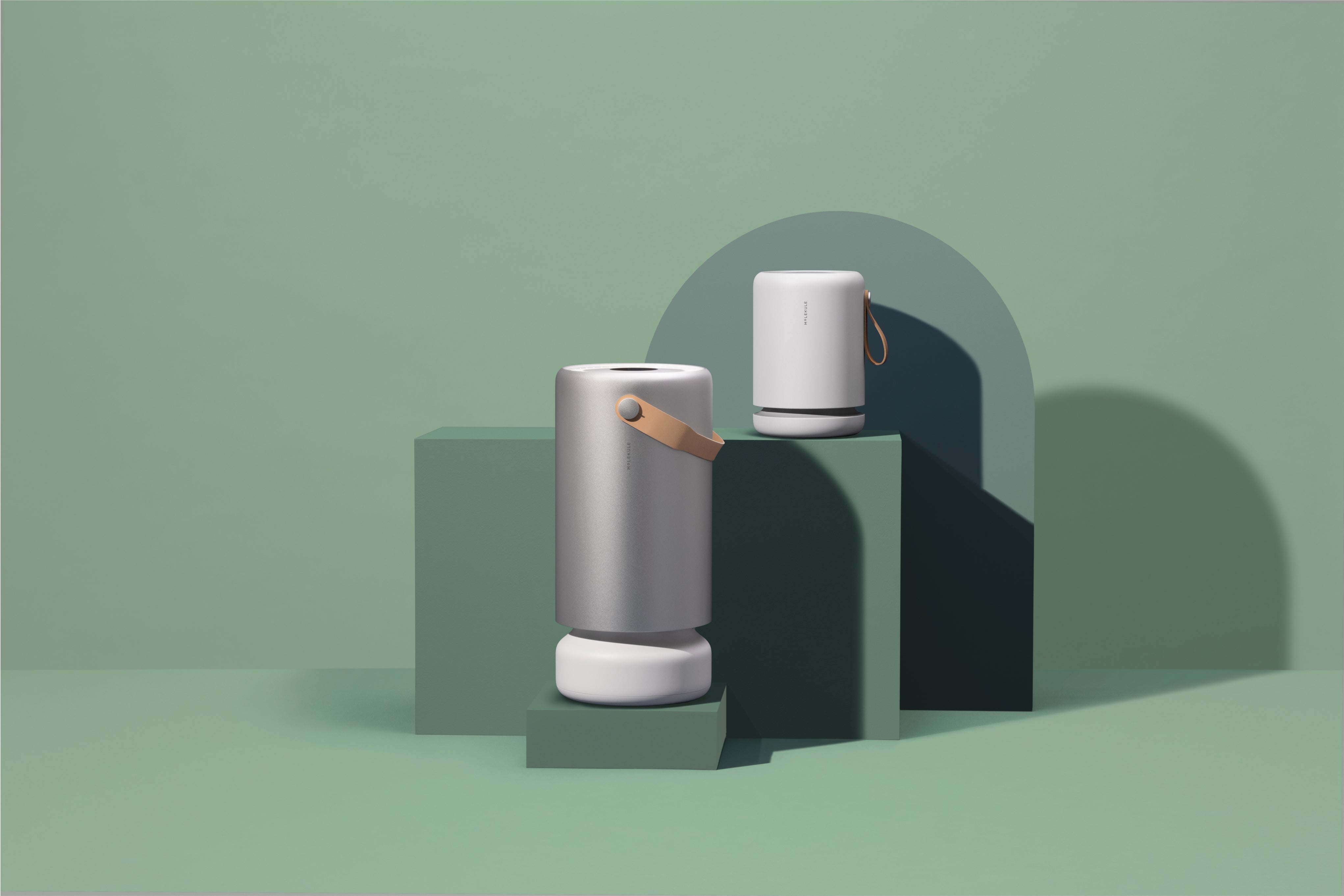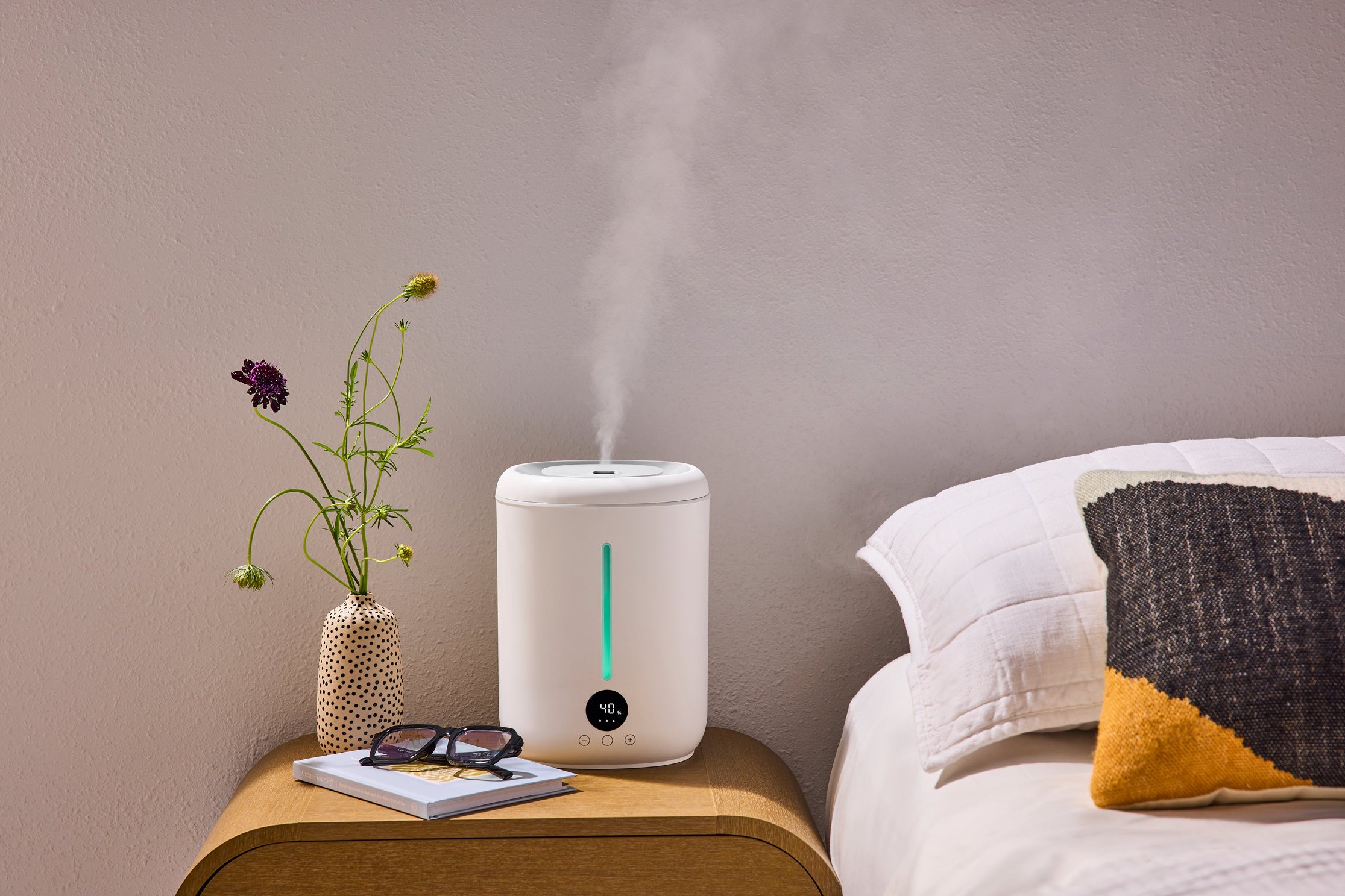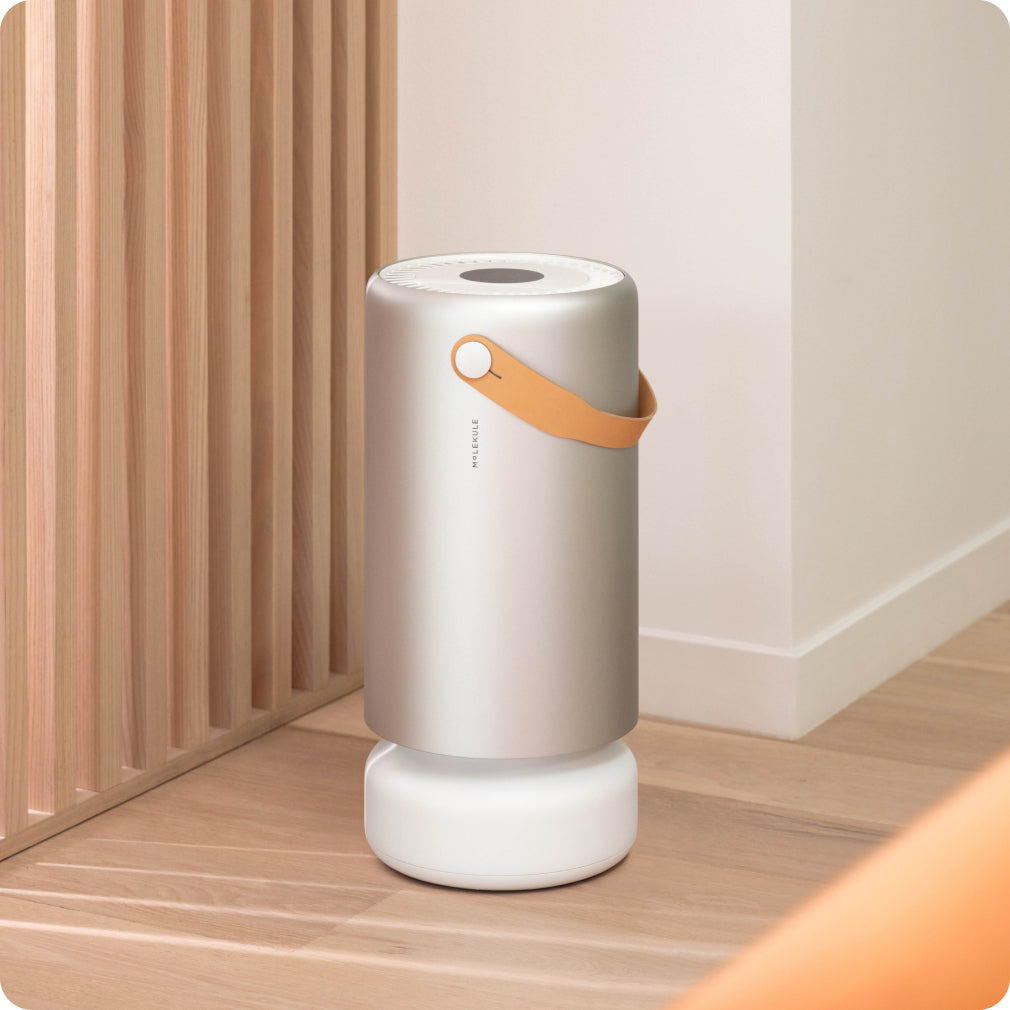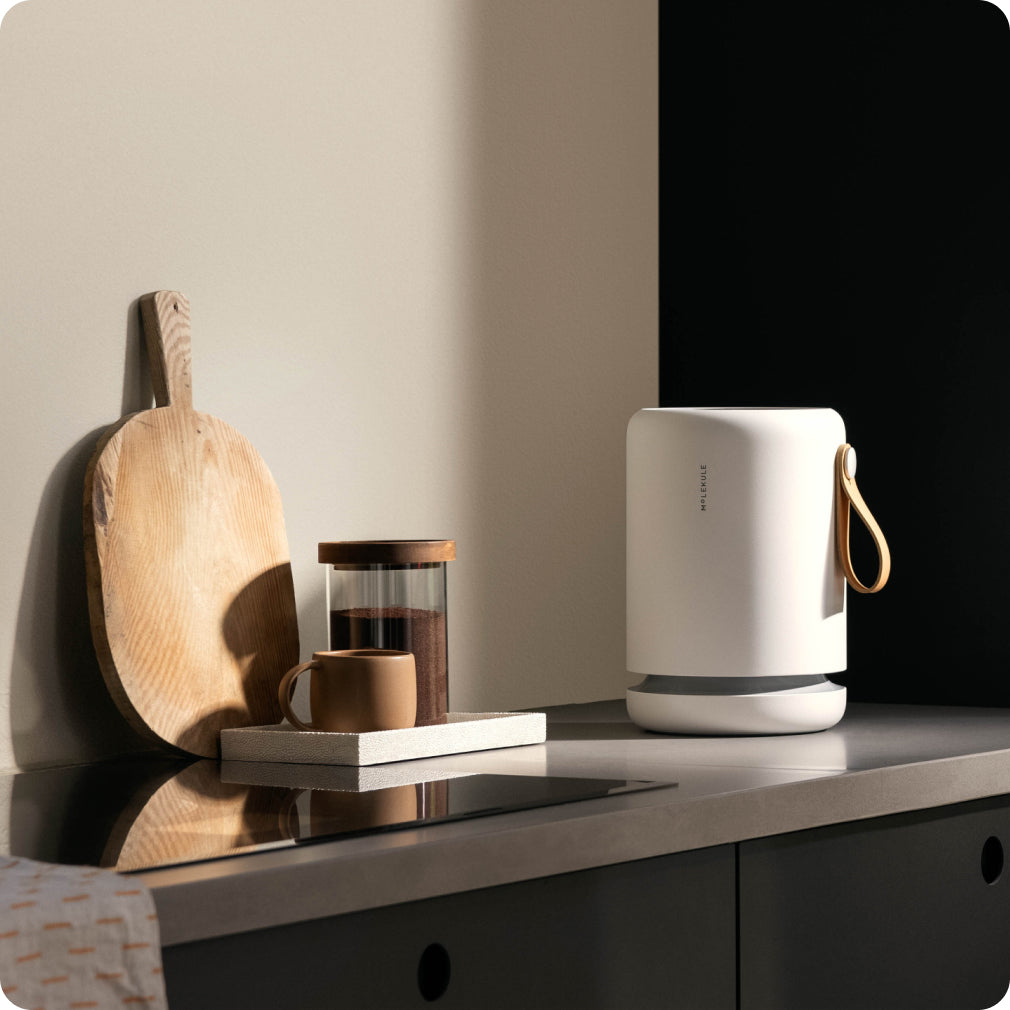Spring is here—cue the sunshine, blooming flowers, and warmer weather. But if you’ve found yourself feeling off lately, you’re not alone. While we typically associate this season with new beginnings, many people report a surprising uptick in anxiety, irritability, fatigue, and even depression.
Could your allergies be to blame? According to emerging research, the answer might be yes.
Seasonal Allergies: More Than Sneezing and Sniffling
We all know the usual suspects—itchy eyes, stuffy nose, endless sneezing. But for millions of people, seasonal allergies may also take a serious toll on mental health. Think: mood swings, brain fog, sleep issues, and elevated stress. It turns out allergy season isn’t just uncomfortable—it might actually mess with your mind.
And thanks to climate change, it’s getting worse.
Why Allergy Seasons Are Getting Longer (and Harsher)
Allergy season used to last a few weeks. Now, for many, it drags on for months. A study from Climate Central found that nearly 90% of major U.S. cities have seen longer growing seasons since 1970, fueled by warmer temps and rising carbon dioxide levels. That means more pollen, for longer periods, in more places.
In fact, cities like Atlanta and Houston are already breaking records for pollen counts in 2024—and it’s only getting started.
The Mental Health Connection: How Air Quality Affects Your Brain
We often think of air pollution as a lung problem, but the brain is just as vulnerable. Poor air quality has been linked to reduced cognitive performance, slower reaction times, and higher levels of stress and anxiety. Research from Harvard’s T.H. Chan School of Public Health even shows that stale, polluted office air can decrease mental focus and decision-making skills.
And that’s not all—exposure to fine particulate matter (like wildfire smoke or smog) has been directly tied to increased risk of depression.

Is Staying Indoors Any Better? Not Always.
When pollen is swirling outside, it might feel smart to hunker down indoors. But unless your home has strong air filtration, you’re not necessarily safer inside. The EPA reports indoor air can be up to 5x more polluted than outdoor air. Trapped allergens like pet dander, dust mites, and mold spores can make symptoms worse, not better.
No wonder many people still feel foggy, fatigued, and unwell—even when they barely leave the house.
Allergies, Sleep, and Mood: A Vicious Cycle
Here’s where it gets personal: Allergy symptoms like congestion and postnasal drip can make it hard to sleep. And sleep deprivation is a known trigger for irritability, sadness, and mental fatigue. Add in the physical discomfort and frustration of constant sneezing or sinus pressure, and it’s easy to see how allergies can snowball into anxiety or depressive episodes.
Research backs this up—people with chronic allergies are more likely to experience depression and mood instability, especially during peak allergy seasons.
A Word of Caution on Decongestants
When symptoms hit hard, many reach for over-the-counter meds like pseudoephedrine or phenylephrine. But these aren’t risk-free. According to the Mayo Clinic, side effects can include elevated blood pressure, insomnia, nervousness, and increased anxiety—particularly in higher doses or with underlying health conditions.
If you’re looking for a gentler solution, try nasal irrigation (aka a neti pot). It’s a safe, drug-free way to flush allergens out and ease sinus congestion.
5 Ways to Protect Your Mental Health During Allergy Season
Ready to fight back against the mental toll of seasonal allergies? Here’s what you can do:
1. Clean Your Air—Inside and Out
Use a high-performance air purifier with advanced filtration to remove allergens like pollen, dust mites, pet dander, and mold from your indoor space. (Tip: Look for purifiers that destroy pollutants, not just trap them.)
2. Track Air Quality and Pollen Levels
Apps like AirNow or Pollen.com can help you plan your day. When the pollen count is high or air quality is poor, keep windows closed, run your purifier, and limit time outside.
3. Create a Personalized Symptom Plan
Work with your doctor or allergist to develop a treatment strategy—this might include antihistamines, immunotherapy, or lifestyle changes. Be cautious with over-the-counter meds and check for side effects.
4. Support Your Mental Well-being
Prioritize quality sleep, stay active, and consider mindfulness practices like journaling or meditation. If symptoms of anxiety or depression persist, don’t hesitate to reach out to a mental health professional.
5. Keep It Clean
Vacuum frequently with a HEPA-filter vacuum, wash bedding in hot water, and dust surfaces often to prevent allergen buildup.
Bottom Line
Spring allergies don’t just affect your nose—they can mess with your mood, sleep, and mental clarity. But with the right tools and strategies, you can breathe easier—and feel better—throughout the season.







